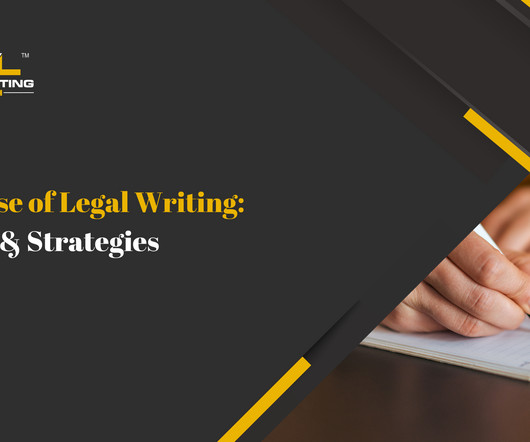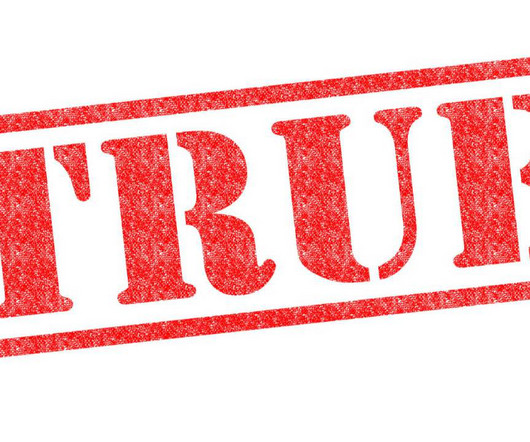The Essential Purpose of Legal Writing: Importance, Types & Strategies
Legal Writing Launch
OCTOBER 4, 2024
We will address: The Importance of Legal Writing in the Legal Profession Understanding the Types of Legal Writing Key Objectives and Functions of Writing Essential Legal Writing Skills and Techniques Strategies for Effective and Persuasive Legal Writing Legal writing stands as the cornerstone of the legal profession.












Let's personalize your content